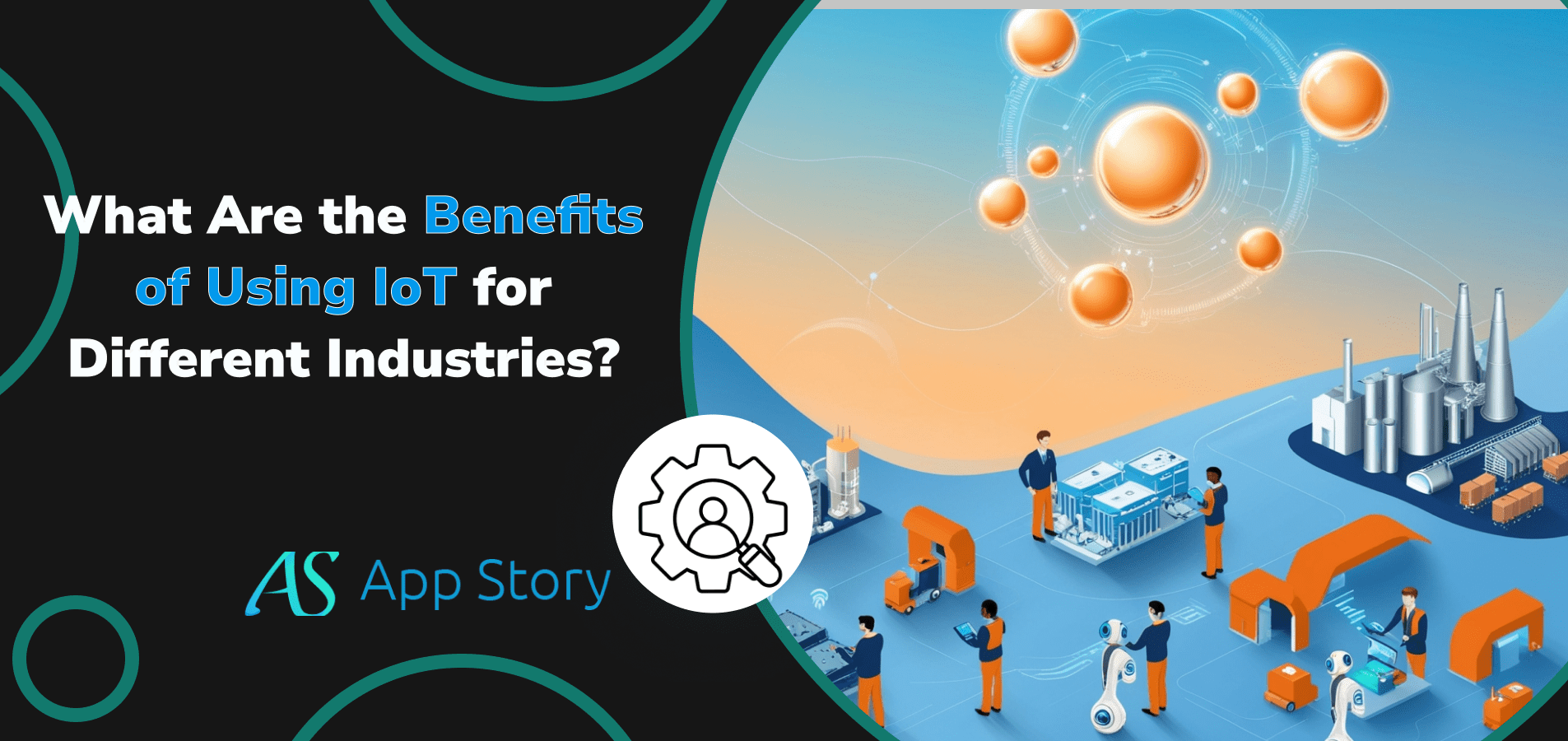The Internet of Things is not just a jargon, but rather a technology that is changing the face of daily life and modernizing industries all around the world; IoT simply connects devices, sensors, and systems in such a way that they can sense and decide for themselves and thus allow for smarter environments. With IoT’s integration in various sectors, understanding its advantages is key to appreciating its role in our world today.
1. Increased Efficiency and Automation
IoT-driven automation is changing the game in sectors ranging from manufacturing to healthcare. In manufacturing, for instance, smart factories make use of IoT to automate tedious work on machine tasks, minimize errors, save time and resources, and more.
In homes, IoT-enabled devices like smart thermostats and lighting systems automatically set the environment according to activity; it helps manage energy usage effortlessly. All such automated processes increase efficiency by making less human interjection, saving time, and ensuring that man-made error is minimal.
2. Cost Savings
One of the biggest advantages IoT offers is a means of lowering costs. Real-time monitoring of equipment makes an IoT system predict when maintenance is needed, saving companies from costly repairs and downtimes. On the consumer’s end, IoT devices like smart thermostats and energy monitors do provide real-time data, encouraging users to make energy efficient choices, resulting in lower utility bills.
3. Better Decision-Making Through Data Insights
IoT devices generate vast amounts of data that can be analyzed to make informed decisions. For instance, information from car will help auto manufacturers produce more safe features. Healthcare providers are in a position to make personal treatment plans because of the information collected from wearable health devices. Considering insights derived from IoT data, businesses and individuals can make better decisions that result in a better outcome.
4. Rich Customer Experiences
With IoT, a business can now gain deeper insights into customer behavior, and this enables them to meet the needs of service provision and delivery. For instance, in retail, IoT can personalize a promotion based on managing stock and popular items.
In hospitality, such examples include IoT-enabled rooms in hotels with customized settings for lighting, temperature, and entertainment. Improved customer satisfaction and loyalty are outcomes of these curated experiences.
5. Management and Sustainability of Resources
IoT affects sustainable behavior greatly. For instance, smart agriculture incorporates IoT sensors to monitor the soil moisture so as not to waste much water. Similarly, electricity systems implemented by IoT ensure efficient distribution of energy by consuming real-time at the user’s end thus avoiding unneeded or excess generation.
All these resource-saving innovations have led to more environmentally friendly ways of conducting business and decision-making for businesses and individuals alike.
6. Enhanced Safety and Security
IoT devices ensure security and safety equally. In homes, the smart locks, cameras, and sensors ensure well-monitored privacy and alert messages are sent in case of suspected criminal activity. IoT-enabled safety appliances at work can sense hazard conditions and alert employees and management. IoT healthcare devices connected provide health data to allow medical intervention in due time.
7. Remote Monitoring and Control
One of IoT’s remarkable benefits is remote access. For instance, remote checking of security systems by the owners or firms monitoring critical machineries in real-time can take benefits from this advantage. It especially benefits the health sector as wearable devices enable doctors to monitor patients elsewhere and, therefore, get them the proper care in time.
8. Effective Supply Chain Management
IoT benefits the supply chain and logistics since these will improve efficiency and accuracy. IoT enables companies to trace transit goods, monitor conditions, and track updates of inventory levels in real time.
For example, IoT sensors in shipping containers alert firms with information on temperature fluctuations that may render perishable commodities unfit for sale. This situational awareness of firms means faster responses to changes to avoid loss and improve inventory management.
9. Improved Quality of Life and Convenience
IoT has been seamlessly intertwined in our daily lives to provide convenience and quality of life. For example, smart home devices, such as your refrigerator reminding you to buy groceries or a fitness tracker that records your activity every day, make our activities lighter and more productive. As more technology is added through the internet of things, it is anticipated that even more mundane tasks will be made to free up more time to do more enjoyment.
10. Increased Economic Growth and Innovation
IoT encourages innovation in business, resulting in new enterprise opportunities and the increased economy. IoT has enabled entrepreneurs and enterprises to create novel products and services. One should remember ridesharing apps, smart health monitoring devices, and home automation systems-all fruits of IoT innovation. The new services and products resulting from such innovation are creating new economic opportunities and inspiring further technological advancements.
Conclusion
The Internet of Things is making life simpler, businesses smarter, and our use of resources more sustainable. From improving personal convenience to helping companies cut costs, IoT’s benefits are far-reaching and impactful.
For companies seeking to explore these possibilities, IoT consulting provides the guidance needed to implement IoT in a way that maximizes value and minimizes risk. As IoT continues to evolve, consulting services can play a pivotal role in helping organizations realize its full potential and overcome any challenges along the way.


![10 Benefits of the Internet of Things You Should Know [2025]](https://www.appstory.org/wp-content/uploads/2025/03/ATS-10-Benefits-of-the-Internet-of-Things-You-Should-Know-2025@2x.png)



 United States
United States United Kingdom
United Kingdom India
India Canada
Canada Singapore
Singapore















![10 Benefits of the Internet of Things You Should Know [2025]](https://www.appstory.org/wp-content/uploads/2025/03/ATS-10-Benefits-of-the-Internet-of-Things-You-Should-Know-2025@2x-80x60.png)




















